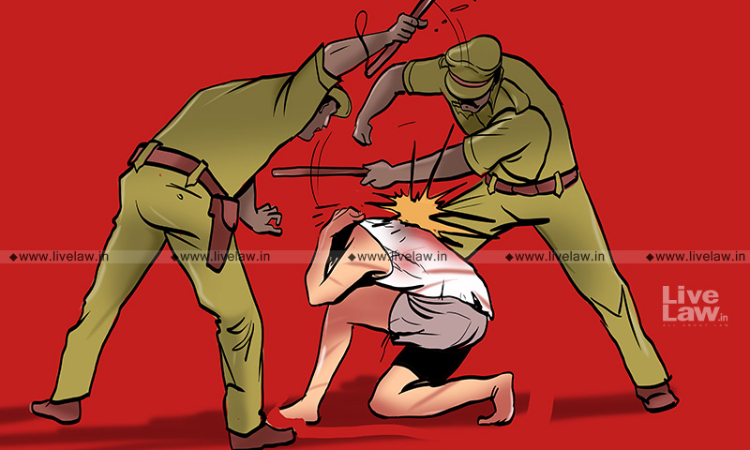Launch Of Status Of Policing Report In India Report 2025: Police Torture And (Un)Accountability- Event Report
Simran Kaur
7 April 2025 7:39 PM IST

Common Cause in joint efforts with Lokniti – Centre for the Study of Developing Societies (CSDS) released the 6th edition of the Status of Policing Report in India Report 2025: Police Torture and (Un)Accountability (SPIR) at India International Centre- Annexe on 26th March. The report launch was followed by a panel discussion on “Police Torture and Accountability: Where are the Safeguards?”. Justice S. Muralidhar, former Chief Justice of the Odisha High Court, delivered the keynote address. Ms Vrinda Grover, lawyer and activist, Dr Amar Jesani, public health expert and the Editor of the Indian Journal of Medical Ethics, and Mr Prakash Singh, IPS (Retd) and a former DGP of UP, Assam and BSF provided useful insights on the issue of police torture and use of violence.
The SPIR is a groundbreaking report, which brings forth the ground realities of police torture from the lens of police personnel, doctors, lawyers and judges. The report presents critical insights from 8,276 police personnel of various ranks, across 17 states and UTs. The ranks of officers ranged from constables to upper subordinates and IPS officers. The study is an important piece of literature as it examines the attitudes of police personnel, as well as, experiences and perspectives of those involved directly with the accused(or victims of police torture).
The report's findings reflect that a significant proportion of police personnel justify the use of torture and violence in the course of their duties and believe that they should be allowed to use force without any fear of punishment. Key findings of the report include:
· 48% of police personnel are in favour of preventive detention of 'anti-social elements'.
· 1 out of every 5 police personnel believe that it is very important that tough methods are in place to establish fear among the general masses.
· A large number (25%) of police personnel strongly justify mob violence, with IPS officers most likely to justify it.
· 18 percent feel that Muslims are “naturally prone” to committing crimes to a great extent
· 22% police personnel believe that killing is better than a legal trial in cases of 'dangerous criminals'
· Strong support for use of force-25%
· 41 percent police personnel said that arrest procedures are “always” adhered to, while 24 percent said that they are “rarely or never” adhered to
· IPS officers are the most likely to have a high propensity to justify torture-34%
· It was found that victims mainly belong to lower income groups, Dalits, Adivasis, Muslims and Slum dwellers.
The report underscores the urgent need for a torture prevention law in the backdrop of horrific and recurring instances of brutal police torture and frequent custodial deaths.
At the launch event, Justice S. Muralidhar delivered a fierce and satirical address, highlighting the realities of perpetuance of torture. He also talked about need for greater accountability on the part of police and the NHRC.
Ms Vrinda Grover spoke about the urgent need for a torture prevention law. She called out the systematic failure of not fulfilling our commitment to UN Convention against Torture and Other Cruel, Inhuman or Degrading Treatment or Punishment. She also talked about the importance of a gendered lens while talking about the issue of police violence and especially, custodial sexual violence. She explained how police biases are towards the minorities, Dalits and Muslims, as also stated in the report.
“We should not fear the police, I should not fear the police in my own country. I am a citizen; the police is a service force. We should all respect the law including the man in uniform; I refuse to fear anyone in this country.”
Dr Amar Jesani talked about the role of medical professional and medical techniques in perpetuation of police torture. He highlighted the prejudices held by medical professionals towards victims of torture. According to a 1995 study by IMA, 60% doctors believe that torture is necessary.
Mr Prakash Singh, Former DGP, Uttar Pradesh, Assam and BSF, said that use of force is necessary in certain situations to maintain law and order and police should be able to use force without fear of consequence. He also said the third-degree torture is justified in cases of hardened dangerous criminals.
The full report can be accessed here.
Views are personal.


